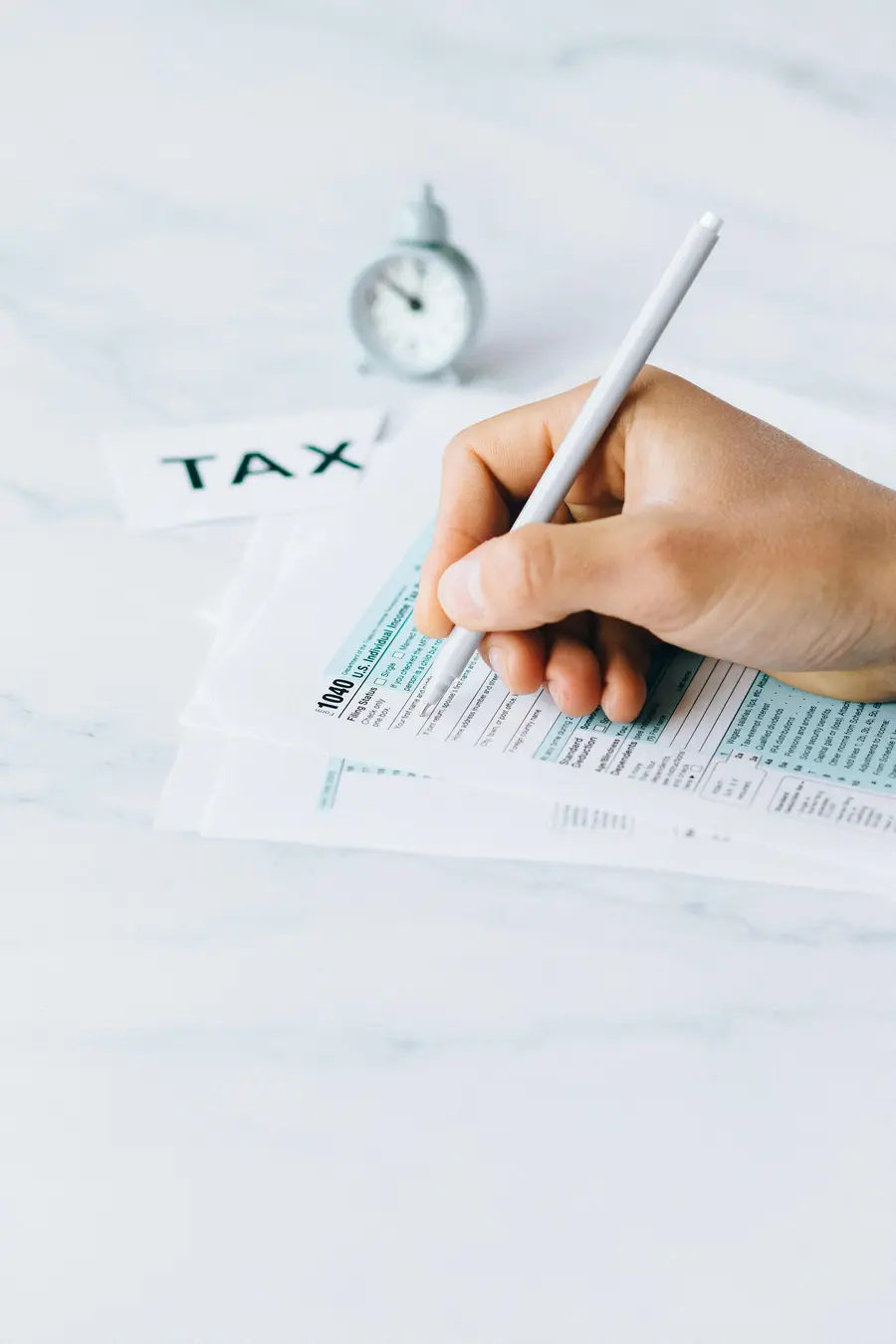Champions of Hope: The Great Wall of China Trek
In May 2025, four incredible individuals are embarking on a trip of a lifetime to raise awareness of stroke and crucial funds for Stroke Aotearoa. Share your stroke story
What you need to know about Stroke Awareness Month, exercise & stroke, and celebrating healthcare workers.

In preparation for Stroke Awareness Month in coming up in May, our focus is about the connection between exercise and stroke. You'll also hear from some inspiring Champions of Hope who are making an intrepid journey in China, and we hope you will be inspired to start your own journey to support stroke recovery in Aotearoa.
Stroke is the second leading cause of death in Aotearoa, and the leading cause of serious adult disability. 1 in 4 people over the age of 25 will experience a stroke in their lifetime, and 89,000 Kiwis are living the effects of stroke - which doesn't include the number of whānau and friends also impacted. With at least one happening every hour, it's critical that we all know what it is, how to reduce your risk, what the signs are, and what life is like for stroke survivors.
We all know that exercise is important, but many of us aren't aware of the connection between exercise and stroke. Regular exercise helps you to maintain a healthy blood pressure, and with high blood pressure being a major risk factor of stroke, exercising regularly is a practical way you can reduce your own risk of stroke or secondary stroke.
It's estimated that less than half of adults in New Zealand are physically active, which means many Kiwis are at high risk of stroke. You don't need to change much to reduce your risk - just 30 minutes of exercise five times a week can reduce your risk of stroke by 25%.
If you are a stroke survivor, regular exercise can reduce your risk of having another stroke, your risk of developing dementia, improve your recovery, help with fatigue and improve your general well-being.
Exercise can be walking, swimming, cycling, dancing - but it can also be activities like gardening, doing housework, or using the stairs instead of the lift.
Even if your mobility is affected by stroke, a physiotherapist or occupational therapist should be able to help you find something that works for you.

After several years, we're saying goodbye to Beanie Up and finding new, exciting ways to get people involved in stroke prevention and awareness. And to use the remaining beanies, we're on the lookout for dedicated healthcare and support workers who help stroke survivors and their loved ones.
If you want to nominate a stroke care team - this may be physiotherapists, health coaches, health improvement practitioners, or nurses and doctors in acute stroke wards - please email fundraising@stroke.org.nz with their name, city, and why they deserve this cosy treat.
In May 2025, four incredible individuals are embarking on a trip of a lifetime to raise awareness of stroke and crucial funds for Stroke Aotearoa. Share your stroke story

Join us on The Road to Recovery to take on the challenge and support people affected by stroke in Aotearoa


If you are one of our incredible donors who give every month, your tax certificate will be with you soon - in plenty of time for you to claim your tax rebate.
If you donate monthly or if you have told us you'd prefer an annual receipt, and you have not received your receipt, please contact us at supportercare@stroke.org.nz or call 0800 459 954.
Noho ora mai, stay well

Jo Lambert
Chief Executive Officer | Stroke Aotearoa New Zealand